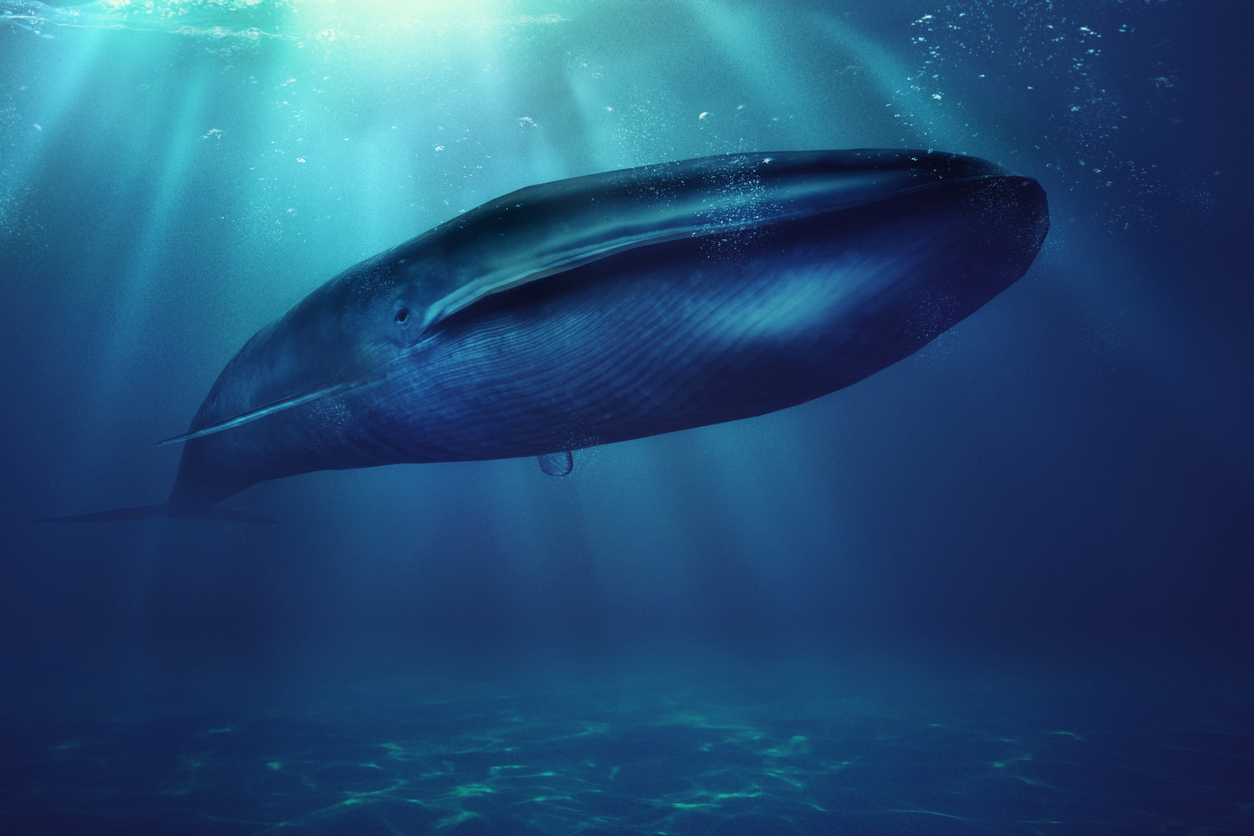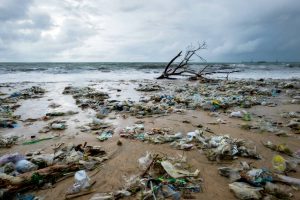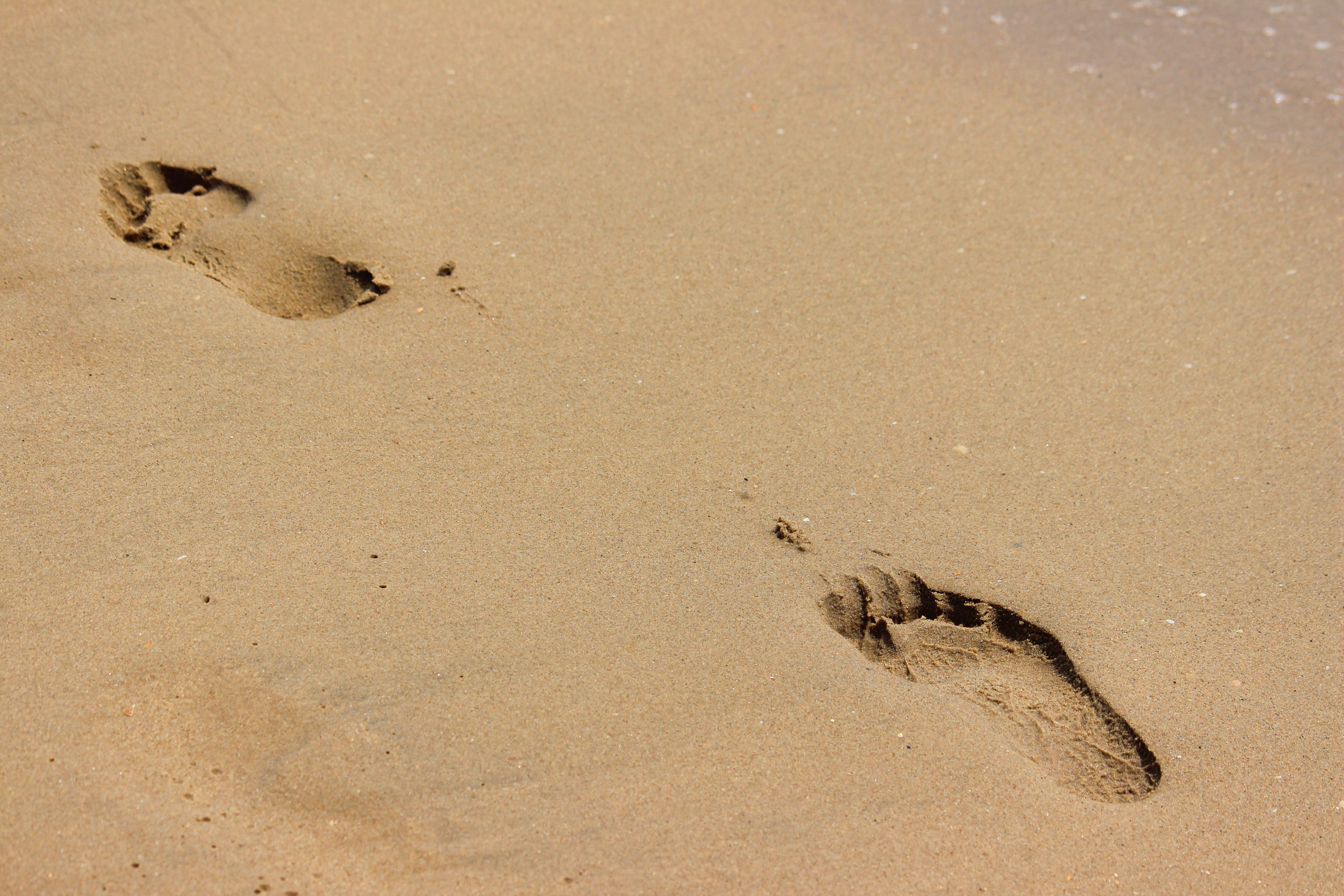Has all the talk of our climate emergency caused you to feel ‘eco-anxious’ and blue? We finally have some good news.
Research by the British Antarctic Survey (BAS) reveals that back in 2018, just two blue whales were recorded at the sub-Antartic island of South Georgia. But amazingly, 55 blue whales have been sighted this year. The presence of humpback whales was also found to be increasing: during the 21 days of survey, 790 humpbacks were sighted.
Their return from the edge of extinction illustrates that the initiative to protect whales from hunting is having a truly positive outcome.
Although commercial whaling was banned in 1986, shockingly, over a thousand whales are killed every year. Why? People can make money from selling their meat and body parts. Due to the amount of whaling stations opened along the coast of South Georgia from 1904, whales were hardly seen for about 30 years.
Dr Jennifer Jackson, a whale ecologist and project leader at BAS, says:
After three years of surveys, we are thrilled to see so many whales visiting South Georgia to feed again. This is a place where both whaling and sealing were carried out extensively. It is clear that protection from whaling has worked, with humpback whales now seen at densities similar to those a century earlier, when whaling first began at South Georgia.
Southern right whales were also picked up on the satellite, which shows they are slowly recovering from whaling in the southwest Atlantic.
Whales need to be protected as they have a very important role in the overall health of the marine environment, but they are threatened by many factors. For instance, climate change can lead to habitat loss and a reduction in their main prey, krill.
Thankfully, there are productive projects in place, proven to help critically endangered and vulnerable species, like whales, to recover. The ‘wild water whales‘ project studies the population recovery and health of southern right whales, and this data helps track progress of this wonderful species.
And if you’re wondering what you can do to help further, why not adopt a blue whale?






